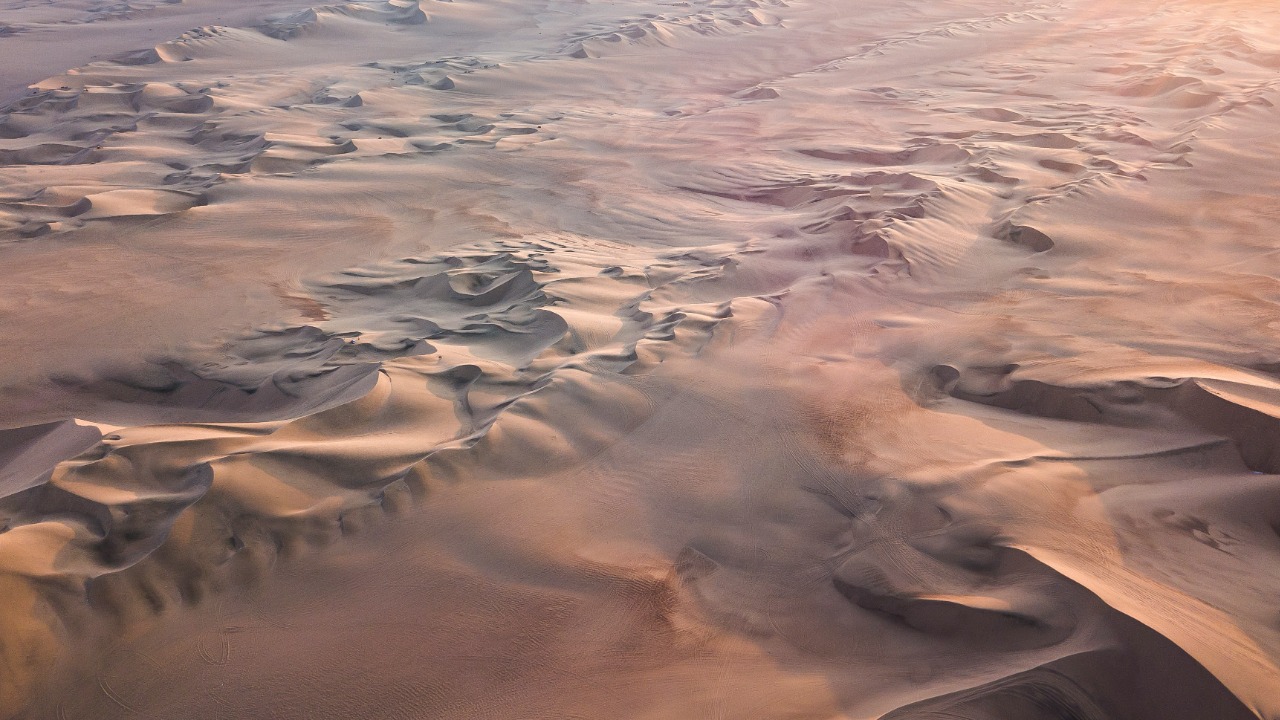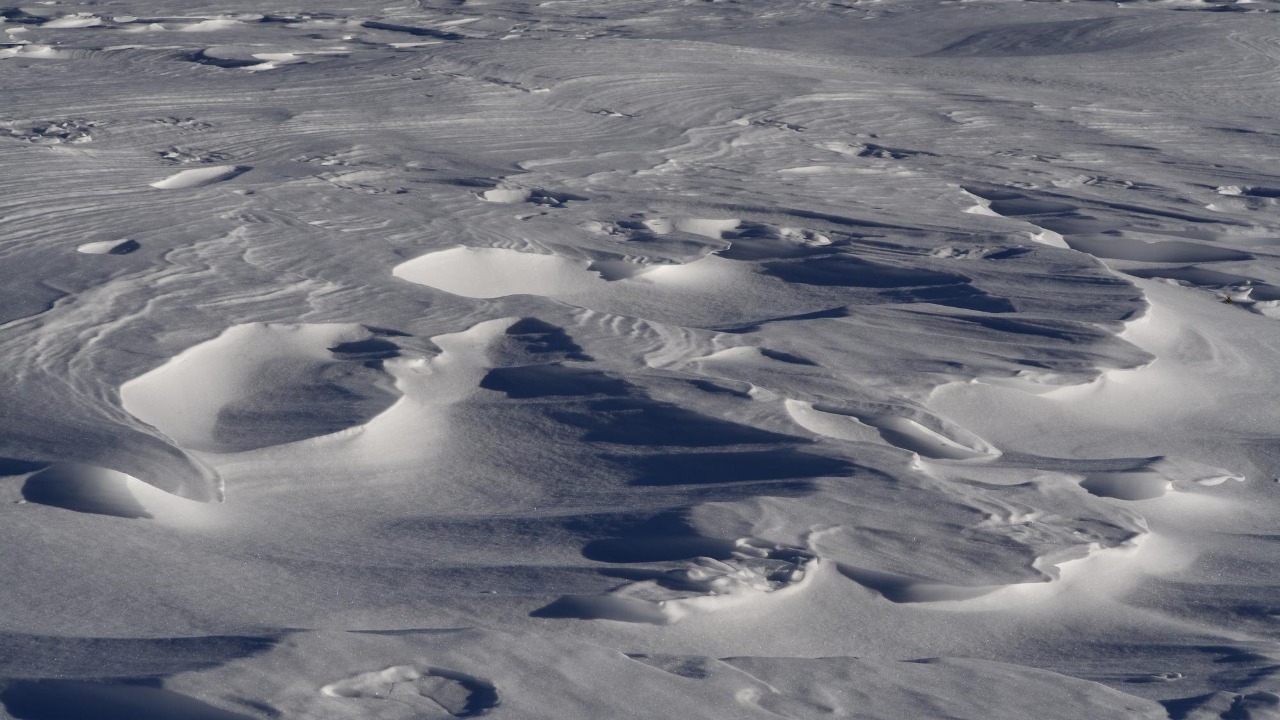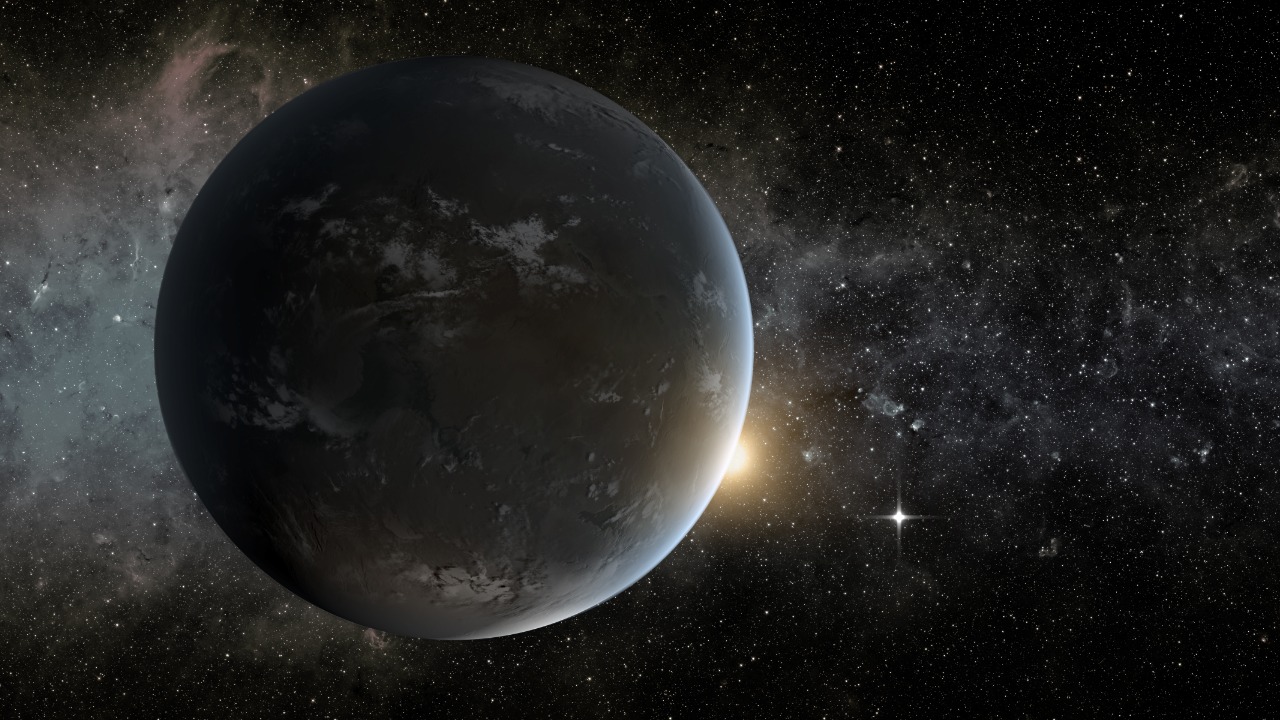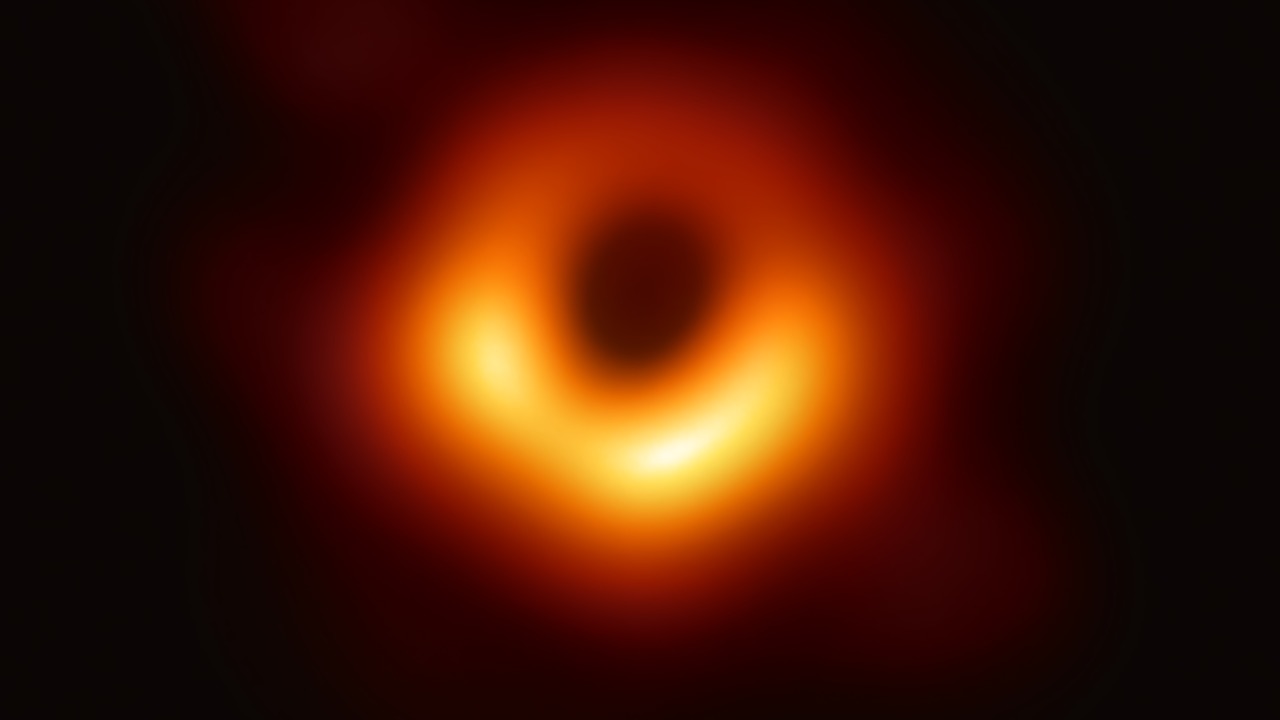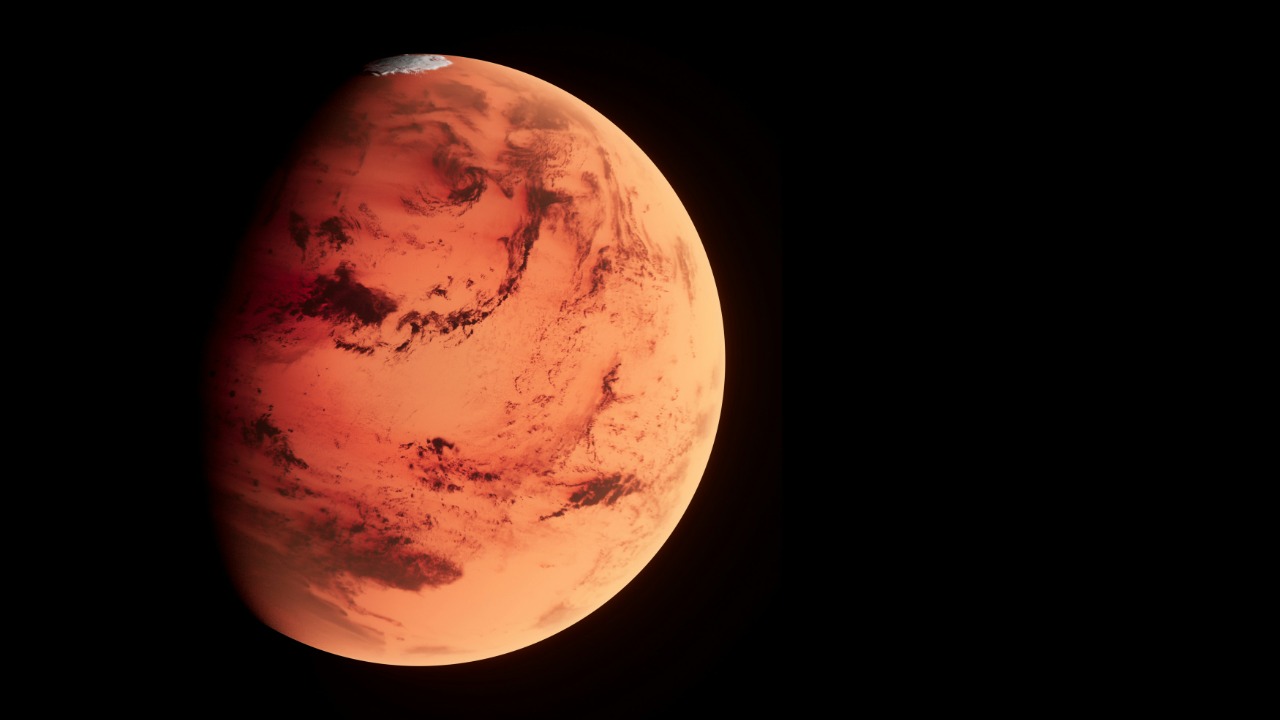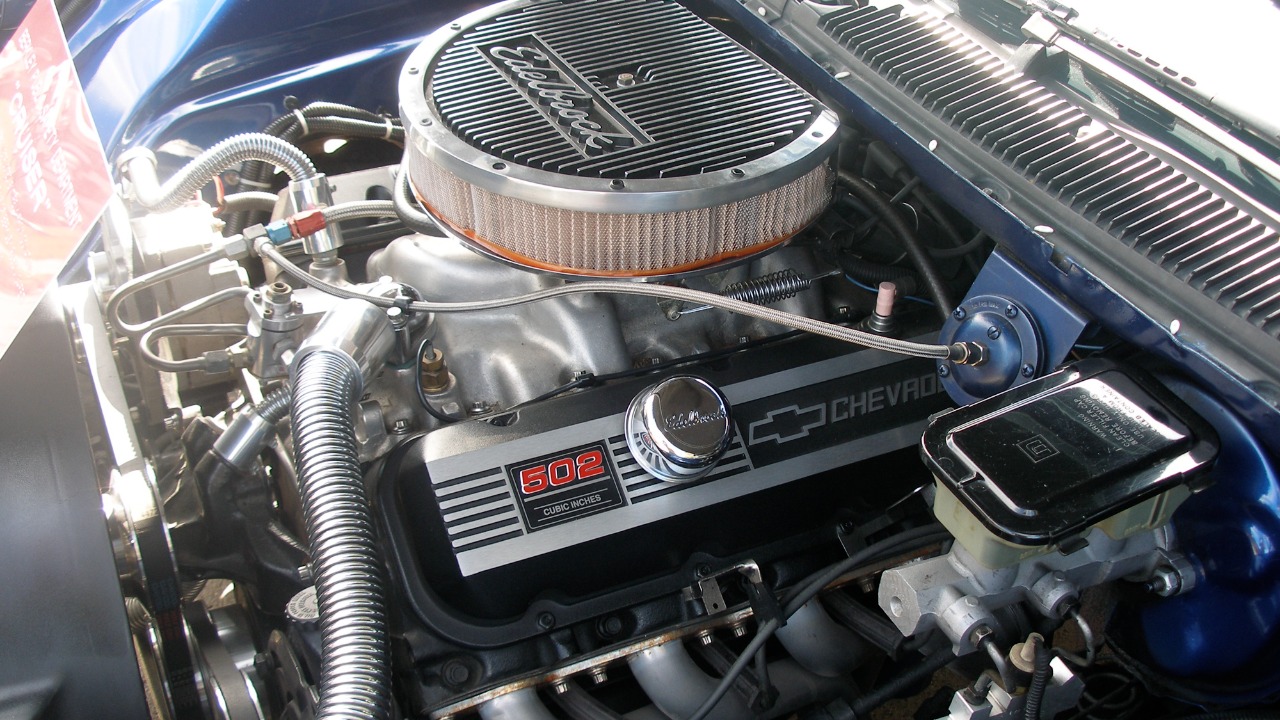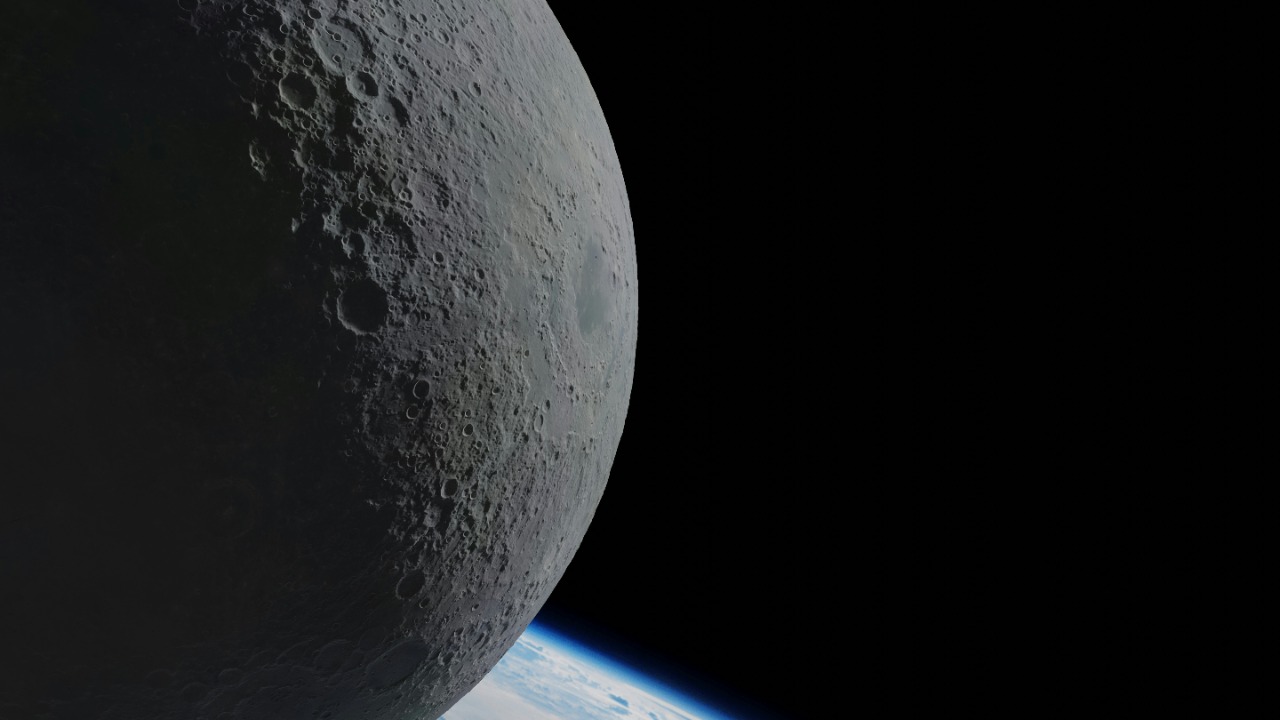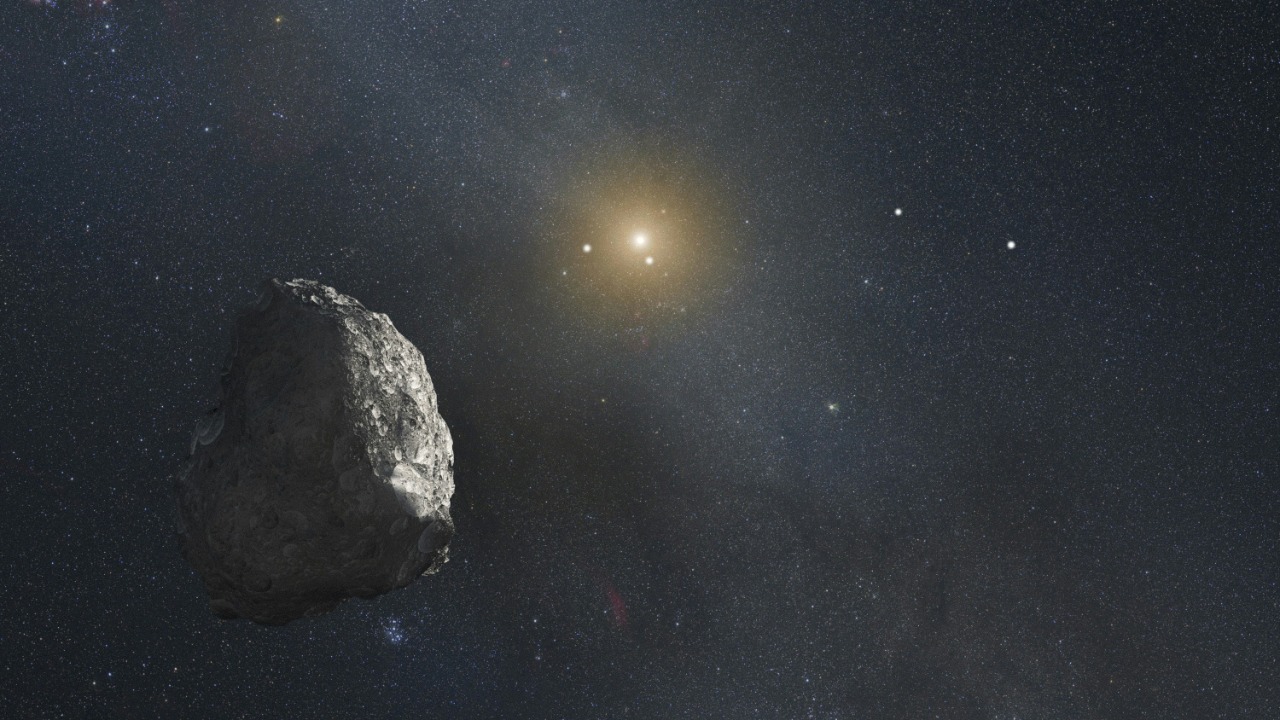-
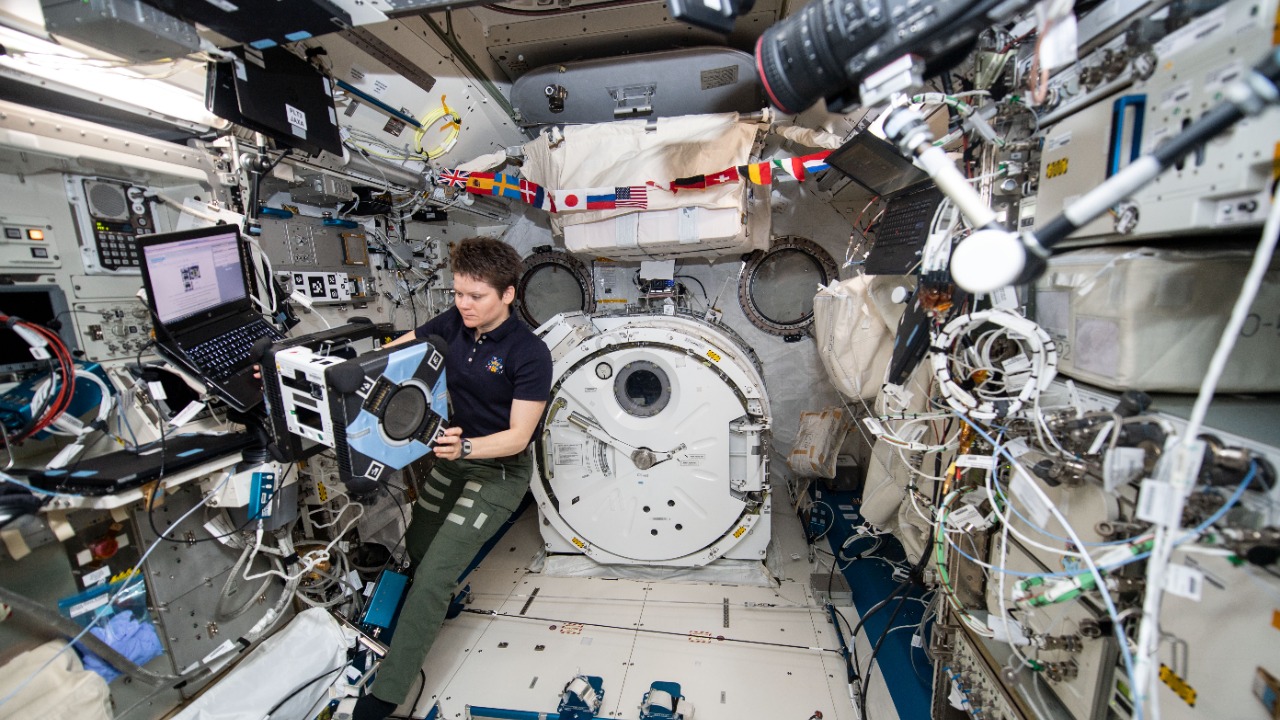
NASA’s Astrobee robot now handling key ISS operations
Read More: NASA’s Astrobee robot now handling key ISS operationsNASA’s Astrobee, a compact, cube-shaped robot, is revolutionizing operations aboard the International Space Station (ISS) by autonomously managing critical tasks.…
-

AI reveals Mars’ real forces shaping its dunes and winds
Read More: AI reveals Mars’ real forces shaping its dunes and windsToday, we stand on the brink of a significant breakthrough in our understanding of the Red Planet. A recent study…
-

NASA says moon ice exists—but we’re digging wrong spots
Read More: NASA says moon ice exists—but we’re digging wrong spotsRecent warnings from NASA have underscored the existence of ice in the Moon’s permanently shadowed craters, particularly at the south…
-

Some planets may actually brew their own water
Read More: Some planets may actually brew their own waterRecent research has challenged the traditional view that water on planets must be delivered from space, suggesting instead that some…
-

Massive black hole discovered in a tiny galaxy
Read More: Massive black hole discovered in a tiny galaxyAstronomers have made a groundbreaking discovery, unearthing an enormous black hole in the unassuming Segue 1, a nearby dwarf galaxy.…
-

Scientists finally explain how Mars got its moons
Read More: Scientists finally explain how Mars got its moonsThe irregular shapes and orbits of Mars’s two small moons, Phobos and Deimos, have long been a subject of scientific…
-

Why Chevy big blocks are called rat motors
Read More: Why Chevy big blocks are called rat motorsChevy big-block V8 engines, affectionately known as “Rat Motors,” have left an indelible mark on the automotive world with their…
-

Moon’s far side samples may explain Earth’s water
Read More: Moon’s far side samples may explain Earth’s waterIn a historic achievement for lunar exploration, China’s Chang’e-6 mission successfully returned the first-ever samples from the moon’s far side…
-

12-year-old spots two possible new asteroids
Read More: 12-year-old spots two possible new asteroidsA 12-year-old boy from London, Ontario, has made a remarkable contribution to the field of astronomy by discovering two potential…
-

Scientists detect black holes’ birth cries in space
Read More: Scientists detect black holes’ birth cries in spaceScientists have recently made a groundbreaking discovery, detecting gravitational waves from the formation of two newborn black holes. These cosmic…
